How Uniqlo Stands Out From Its Competitors

At the heart of Uniqlo’s success lies its unwavering commitment to a philosophy of simplicity and longevity. This principle is not only foundational to the designs of their apparel but also to their business model and customer experience. Uniqlo’s approach is about creating clothes that transcend age, gender, ethnicity, and all other ways we define ourselves. How Uniqlo is different from their competitors can be seen in their dedication to offering essential pieces that form the building blocks of any wardrobe, instead of chasing fast fashion trends.
Emphasizing quality and durability, Uniqlo’s products are designed to last and be versatile enough to wear through various seasons and occasions. By focusing on what customers really need, Uniqlo strips away the unnecessary, offering a curated selection of items that boast both function and style. This emphasis on ‘lifewear’ that serves a purpose is a sharp contrast to the often ephemeral offerings of other fashion retailers, which are frequently driven by the latest but quickly passing trends.
Furthermore, Uniqlo’s commitment to simplicity extends to their store layouts and shopping experience, which are designed to be clean, easy to navigate, and stress-free. This harmonious alignment between their products and the overall brand experience sets Uniqlo apart, ensuring that customers not only buy their products but also buy into their philosophy.
For those eager to explore the latest in simple, yet profoundly impactful children’s fashion, check out the new trending baby products today.
Innovative Fabrics and Technology Integration
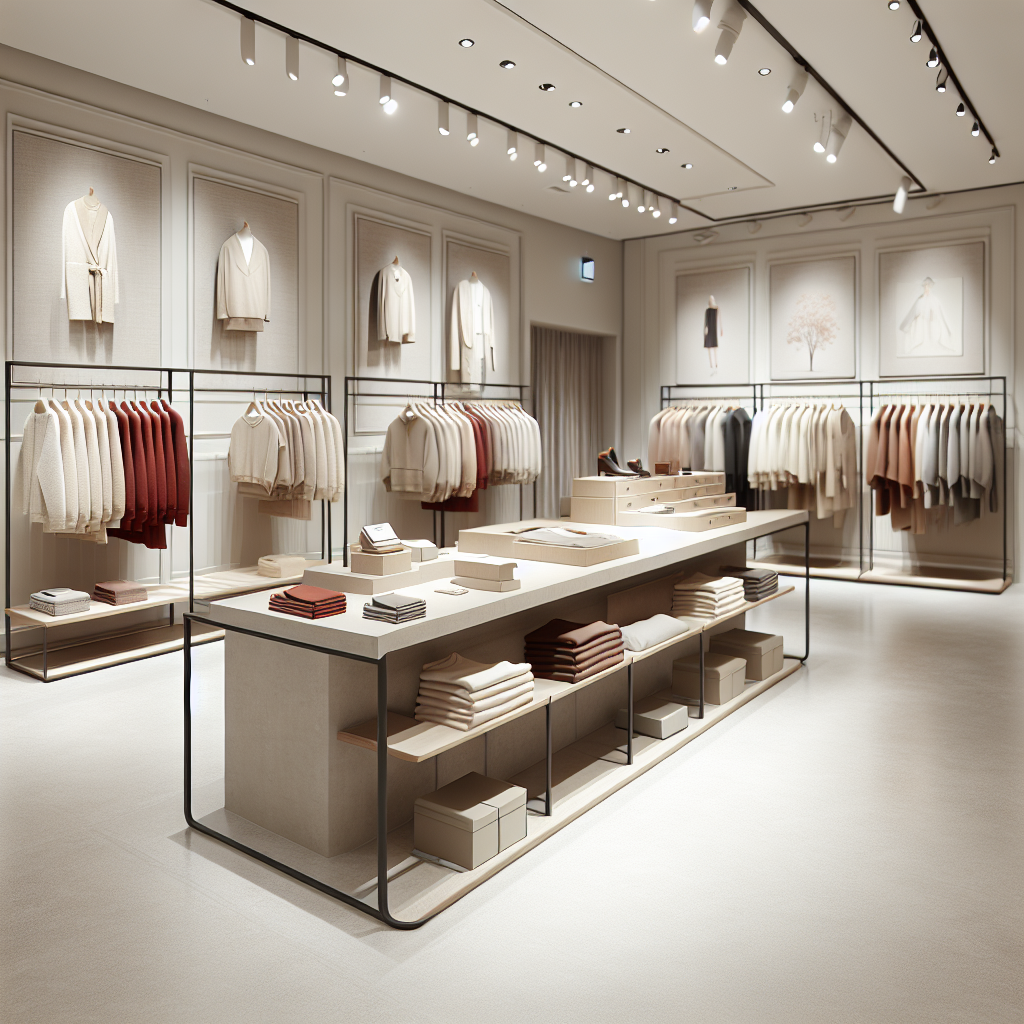
Uniqlo has carved a niche for itself in the global apparel market by investing in innovative fabrics and integrating cutting-edge technology into its products. Unlike many of its competitors, Uniqlo has developed proprietary materials such as Heattech, Airism, and LifeWear, which not only provide unparalleled comfort and functionality but also cater to a wide range of climatic conditions and lifestyle needs. Heattech fabric, for instance, has revolutionized winter wear with its heat-retaining properties, while Airism offers a breathable and cooling experience, perfect for warmer climates.
The brand’s dedication to innovation extends to how they incorporate technology within the garment manufacturing process. Uniqlo employs Advanced Production Technology to ensure that each piece of clothing is made to exact standards, resulting in high-quality apparel that maintains consistency across all their stores worldwide. The use of such technology also allows for improved sustainability practices, reducing waste and energy consumption.
Moreover, Uniqlo’s constant quest for innovation is evident in their collaborations with world-renowned designers and engineers. These partnerships have enabled Uniqlo to maintain its edge in technological advancements and to continue offering customers garments that are not only fashion-forward but also enhanced with functional benefits. This strategic integration of innovative fabrics and technology is a testament to Uniqlo’s commitment to excellence and a key factor in distinguishing them from their competitors.
Global Supply Chain and Cost-Effective Operations
The global supply chain and cost-effective operations are pivotal elements that set Uniqlo apart from its competitors. The brand has mastered the art of streamlining its supply chain, optimizing every step from production to distribution. Uniqlo’s approach involves centralizing design and product development in Japan while leveraging manufacturing facilities in strategic locations across Asia to minimize costs and maximize efficiency. This allows Uniqlo to respond swiftly to market trends and customer demands while maintaining affordability.
Another factor contributing to Uniqlo’s cost-effectiveness is its inventory control system. Utilizing real-time data, Uniqlo can adjust production schedules and stock levels, reducing overproduction and waste. This agile method ensures that stores are stocked with the right products at the right time, thereby enhancing customer satisfaction and reducing markdowns.
Furthermore, Uniqlo’s strong relationships with its suppliers enable the company to negotiate better prices for high-quality materials, which in turn allows them to offer customers more value for their money. By maintaining control over its extensive supply chain and focusing on cost-effective operations, Uniqlo has built a robust business model that sustains its competitive advantage in the fast-paced world of fashion retail.
Unique Store Layout and Customer Experience

Uniqlo’s distinctive store layout and customer experience are crucial aspects of how Uniqlo is different from their competitors. The brand’s retail spaces are designed with simplicity and ease of navigation in mind, setting them apart in the bustling retail environment. Upon entering a Uniqlo store, customers find themselves in a clean, well-organized space where products are systematically displayed. This minimalist approach not only reflects Uniqlo’s Japanese heritage but also allows customers to shop without feeling overwhelmed by clutter or aggressive sales tactics.
Moreover, Uniqlo invests in training its staff to provide exceptional service, ensuring that shoppers receive attentive and personalized assistance. The stores are equipped with advanced technologies like self-checkout counters and interactive displays that provide product information, enhancing the overall shopping experience. Uniqlo’s commitment to a seamless in-store experience is mirrored in their online presence, where a user-friendly interface and detailed product descriptions make for convenient digital shopping.
The combination of a unique store layout and a focus on customer service excellence contributes to a differentiated brand experience that not only attracts new customers but also fosters loyalty among existing ones. By prioritizing the shopper’s journey from the moment they step into the store until they complete their purchase, Uniqlo has redefined what it means to shop for everyday fashion essentials.
Collaborations with Renowned Designers
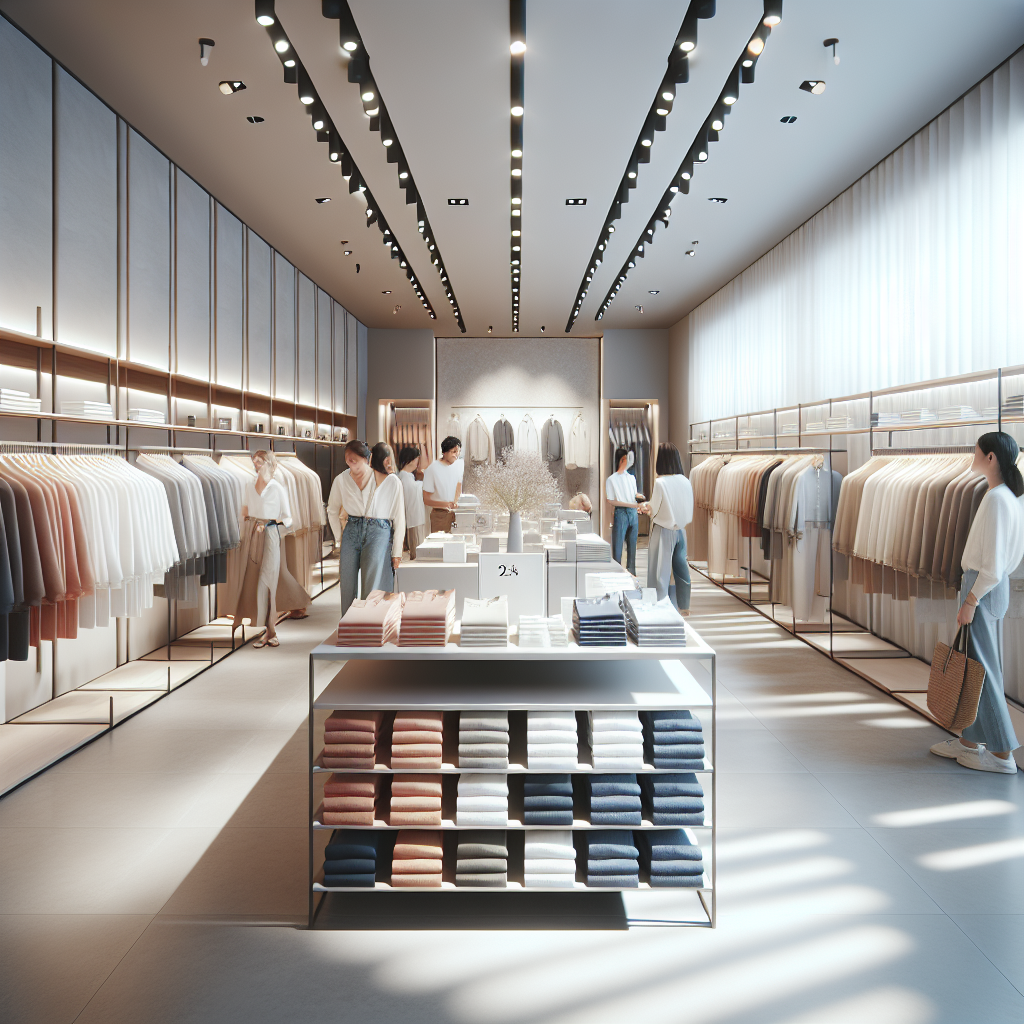
Another facet that underscores how Uniqlo is different from their competitors is its strategic collaborations with renowned designers. These partnerships bring high-end fashion to a wider audience by offering designer pieces at affordable prices. By working with icons like Jil Sander, Ines de La Fressange, and Christophe Lemaire, Uniqlo delivers exclusive collections that blend their utilitarian aesthetic with the designers’ signature styles, creating unique products that stand out in the fast-fashion marketplace.
The collaborations serve as a bridge, connecting the worlds of luxury and everyday wear. Uniqlo’s approach allows consumers to own a piece of designer fashion without the customary steep price tag, democratizing fashion in a way that few other retailers have managed to achieve. Each collaboration is heavily publicized and eagerly anticipated, generating buzz and drawing in crowds eager to purchase limited edition items.
These partnerships not only expand Uniqlo’s product offerings but also reinforce the brand’s reputation for quality and innovation. The resulting collections are often based on Uniqlo’s core philosophies of simplicity, longevity, and functionality, with a twist that reflects each designer’s creative vision. This synergy between Uniqlo and the designers results in a continually refreshed lineup that keeps the brand relevant and exciting for fashion-forward consumers.
Sustainability Initiatives and Social Responsibility
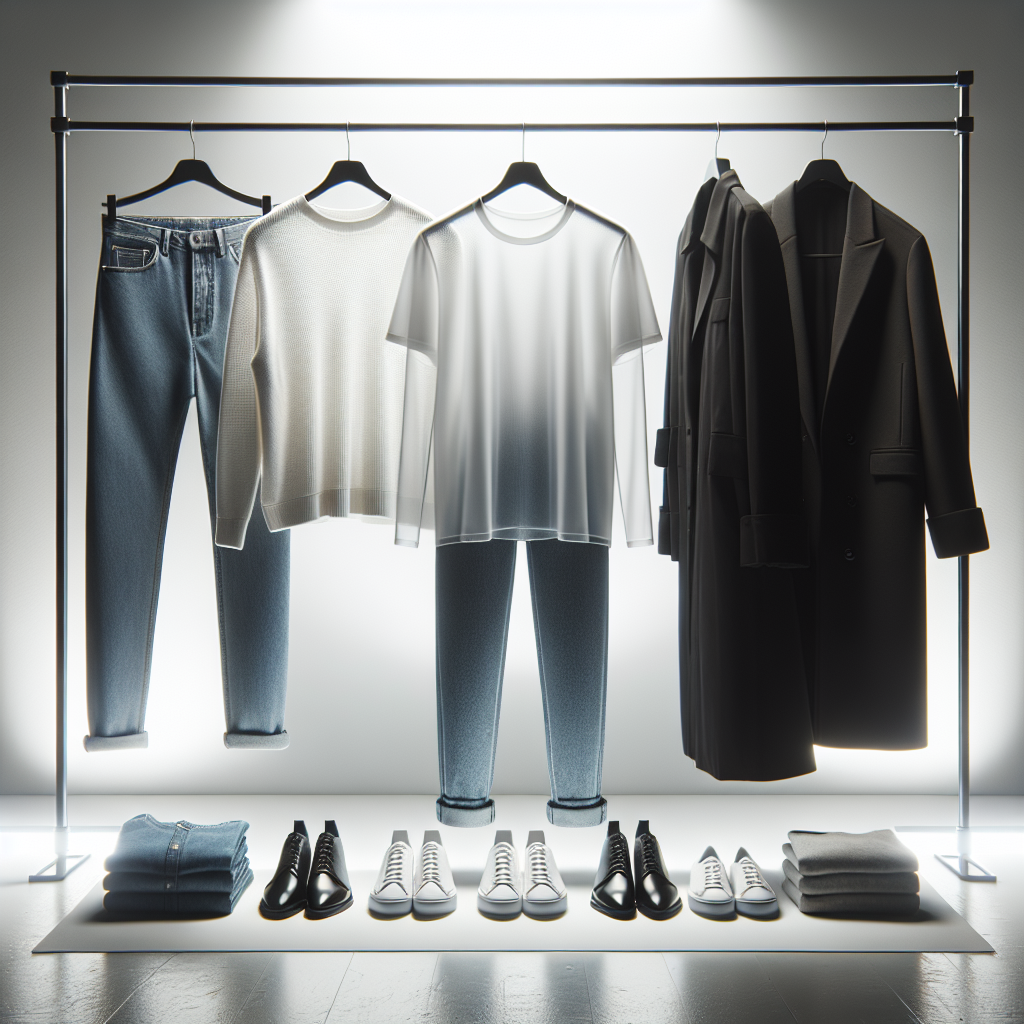
Uniqlo’s commitment to sustainability and social responsibility is a key factor that sets it apart from many competitors. Recognizing the importance of these issues to consumers, Uniqlo has integrated eco-friendly practices throughout its operations. From the use of sustainable materials in their clothing lines to initiatives aimed at reducing carbon emissions and water usage, Uniqlo is striving to minimize its environmental footprint.
The brand’s sustainability efforts extend to its recycling program, which encourages customers to return used garments for repurposing or recycling. This not only helps to reduce waste but also fosters a circular economy within the fashion industry. Moreover, Uniqlo’s parent company, Fast Retailing, has set ambitious targets to switch to 100% renewable energy and achieve carbon neutrality by 2050.
On the social front, Uniqlo has been involved in various philanthropic activities, including disaster relief, support for refugees, and community engagement projects. These initiatives reflect the company’s belief in giving back to society and building a positive brand image that resonates with ethically minded customers.
As Uniqlo continues to innovate and push the boundaries in both fashion and corporate responsibility, make sure you don’t miss out on their latest offerings. Check out the new trending baby products today and experience the perfect blend of style, quality, and conscience.
Which Luxury Brands Are Cheaper in London?
Comments
[…] is no exception. With the rise of e-commerce, accessing top-notch baby apparel from renowned brands has never been easier. Iliadis is proud to offer a curated selection of the latest and most […]
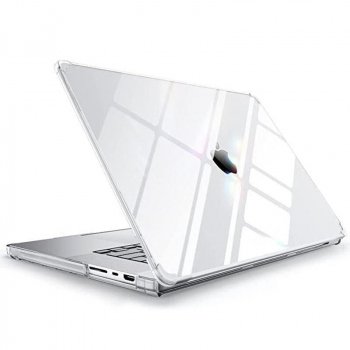
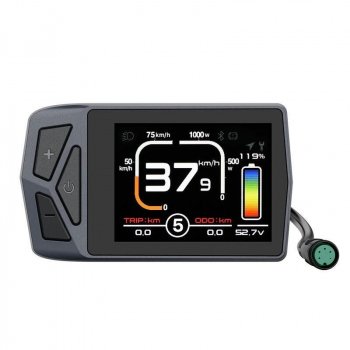
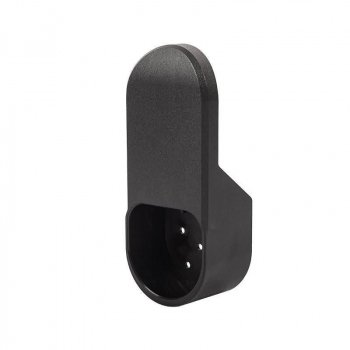















Leave a comment